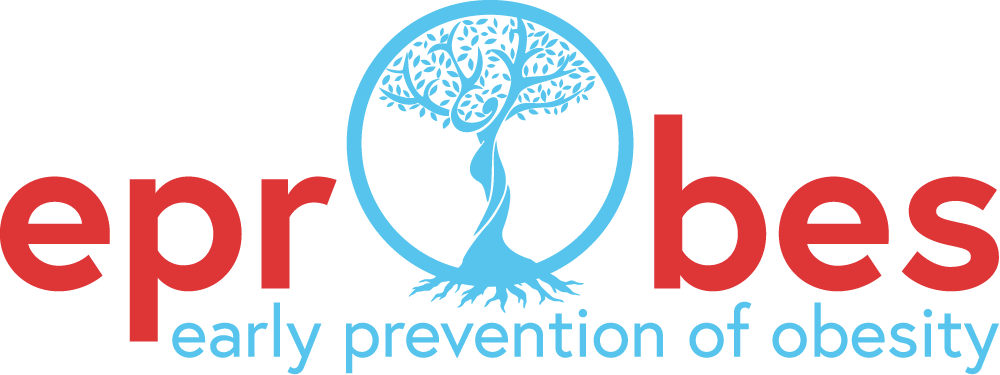Project number: 101080219
Project name: Preventing lifetime obesity by early risk-factor identification, prognosis and intervention
Project acronym: eprObes
Project funding: European Union, Horizon Europe framework programme
Granting authority: European Health and Digital Executive Agency
Obesity is one of the main population health threats worldwide, with a sustained increase in prevalence over the last decades and a constellation of co-morbidities that seriously hamper individual wellbeing and life-expectancy. Despite major research efforts, obesity treatments have proven of limited efficacy. Thus, effective prevention strategies are essential to avoid the full spectrum of metabolic complications of overweight during the life-course.
Adult obesity is rooted on early maturational events, including pathophysiological and psychological determinants occurring during the gestational, infantile and/or adolescent periods, which globally remain ill defined. Identification of such early pathogenic mechanisms and markers of metabolic disease is key for active prevention and personalized management of body weight disorders later in life. Of note, pathogenic mechanisms and susceptibility to obesity are seemingly gender-dependent, but this aspect remains underexplored and may compromise effectiveness of preventive measures and treatments tackling obesity and its complications.
eprObes (for early Prevention of Obesity) is a multidisciplinary, patient-centered project, involving clinical studies targeting different maturational windows, coupled with cognitive, mental health, life-style and behavioral studies, as well as mechanistic analyses in suitable preclinical models, whose major aim is to define effective strategies for active prevention of obesity during the life-course, with particular focus on early developmental events, from prenatal (including peri-conceptional) to pubertal periods, and determinants of feeding behaviors. Multi-omics studies and integral analysis of eprObes data, assisted by bioinformatic technologies and artificial intelligence, will permit definition of tailored preventive measures and life-style interventions, at key maturational periods, to avoid excessive body weight gain and lifetime metabolic complications in both sexes.
Specific Objective (SO)
SO1. Early detection of causal factors
SO2. Definition of mechanisms
SO3. Mental/behavior determinants
SO4. Biomarkers of early detection
SO5. Tailored preventive strategies
SO6. Decision support systems


